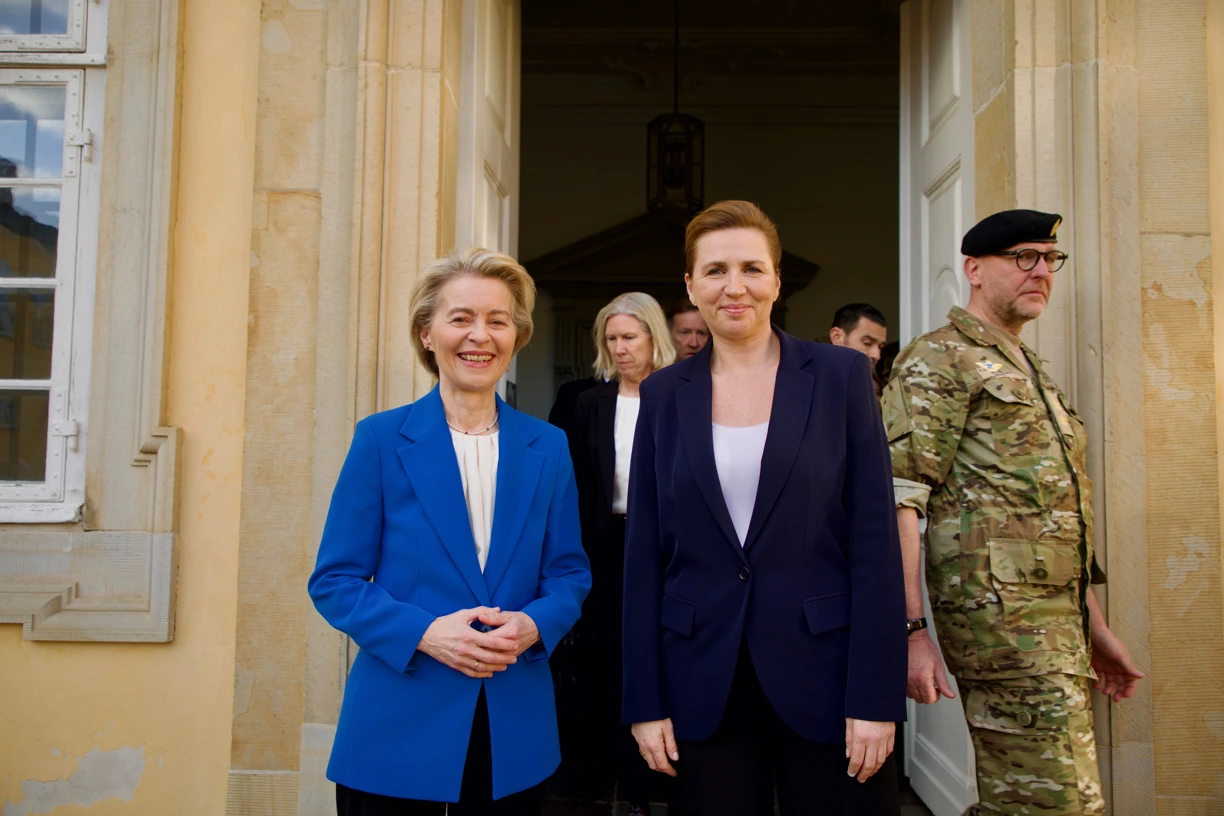Running a business in Copenhagen should be easier argues Lars Berg Dueholm, the mayoral candidate for Liberal Alliance – a classic libertarian and small government party. Speaking to The Copenhagen Post from his office on Havnegade where he operates a legal practice, Dueholm is annoyed that the city doesn’t focus more of its energy on improving the conditions for businesses that provide the city with its tax revenue.
“We can’t all be students or unemployed or retired,” Dueholm said. “We need people who get up and go to work and pay their taxes. And these people need a place to go to work.”
He points to a study by the industry lobby group Dansk Industry that ranked Copenhagen’s business climate in 2013 as the 86th worst out of the 98 councils in Denmark – a drop of 16 places from the year before.
He offers a few solutions. Firstly, the City Council needs to become more service-minded and helpful when engaging with businesses. He also wants fewer and lower taxes on businesses and points out that LA was instrumental in abolishing fees on cafes and restaurants that want to serve food and drink outside.
SEE ALSO: Party profile: Enhedslisten
Anti-car policies hurt business
Dueholm is particularly critical of the current administration’s transport policies, which have seen an increase in parking fees and a focus on public transport and cycling. These anti-car policies, he argues, makes life difficult for businesses – particularly those whose clients want to drive to the city for appointments.
“It’s a self-inflicted problem,” Dueholm said, adding that traffic restrictions such as lane closures have increased congestion in the city centre despite there being fewer cars.
“The left-wing parties have specifically targeted reducing the number of cars in the city and they’ve succeeded. But we’ve been left with fewer cars and more congestion. I don’t simply want to increase the number of cars, I want to accommodate car traffic and ensure that people can get from A to B.”
Schools need work
The poor academic achievement of the city’s school children also spells trouble for the city’s future, he argues.
“It’s a huge problem for both the city and the students when 20 to 25 percent complete school aged 16 as functional illiterates,” Dueholm said.
“They are left with bleak prospects for the rest of their lives and, while it’s sad for them, it’s sad for us as a council and as taxpayers because these are young people who are left to social welfare or crime.”
His solution is increased discipline and better school leadership. The latter, he argues, can be achieved by allowing councils to appoint school leaders and hand them more power to hire and fire teachers according to their performance.
Dueholm is a big fan of international schools and international university students because they help the city’s businesses. International schools are needed to educate the children of highly-skilled foreigners, and international students who enjoy their time here may return with needed investment in the future.
City should spend wiser
If he had the power he would make deep cuts to the public sector and reduce taxes. One area is in unemployment services where, he argues, the city goes well beyond its legal obligations. By cutting some of these services the city could reduce taxes that would in turn make businesses better equipped to create the jobs the unemployed need in the first place.
But there are easier savings to make, he argues, pointing out that Copenhagen could save a billion kroner a year if it spent as efficiently as the average council.
“That’s a billion that could be used on tax cuts that would give us the lowest income tax in Denmark. That would really attract a lot of people and business to Copenhagen and strengthen it as a whole,” Dueholm said.
“Sweden has had success over the past few years stimulating growth by using tax cuts, and we should follow the same path instead of spending other people’s money on our own pet projects,” he said.

Factfile | Lars Berg Dueholm
Party: Liberal Alliance
Age: 36
Years on the City Council: 5
Platform
• Reduce taxes
• Better business environment
• Better schools
• Better traffic conditions
• A more international city














